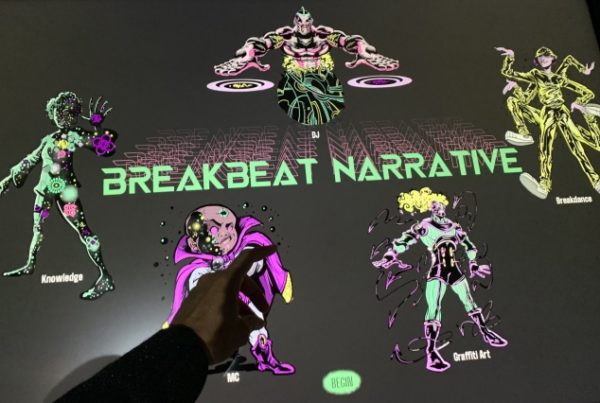Abstract
Our aim:
We offer workshops that provide opportunities to middle and high school students to:
· learn computer science in fun, exciting, relevant ways and
· develop self-images as computer scientists.
We approach STEM education and access to high quality, relevant learning opportunities as a social justice issue of our time, this includes taking an anti-deficit ideological stance on students and their achievement. We start with student identified relevant themes, questions, challenges, and goals and see who students are and what they bring to the table as assets, important and rich resources to draw on. We utilize aspects of the nationally recognized Exploring Computer Science (ECS) curriculum to spark student excitement about computing and focus on bringing the culture into the fabric of computing practice. We utilize a custom-made digital platform called MazeStar that allows students to explore their ideas while learning about human-computer interaction, web design, privacy, coding, debugging, and more. A component of MazeStar is a game-like programming environment called Mazzy in which students learn the building blocks of coding.
Empowering Research Objectives
Women and many ethnic minority groups are underrepresented in science, technology, engineering, and mathematics (STEM) professions in the United States of America. This is an issue of major importance. Students from underrepresented ethnic minority groups and women represent a potential wellspring of innovative, productive contributors to the nation’s STEM fields and workforce that has been insufficiently tapped. Indeed, U.S. Educational Secretary Arne Duncan has said that addressing this problem “is not just an economic imperative, but a moral imperative.” Moreover, research has shown that promoting STEM among learners from underrepresented groups can do more than produce a greater number of engineers – it can produce a greater diversity of ideas.
In our research and work with students, we hold the belief that students can be agents of change in their own lives and the world. Actualizing this vision entails empowering students with skills and a positive self-image, having high expectations and providing high levels of support.
http://groups.csail.mit.edu/icelab/content/mazestar-computing-workshops




